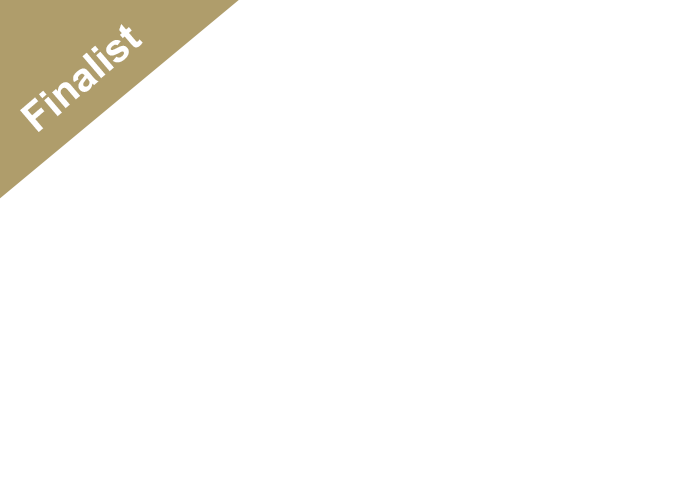Since the end of the 20th century, universities have introduced the so called “Third Mission”, which was devised to responding to the world’s economic and societal challenges and opportunities. The collaboration between universities and companies is considered a key factor in this sense therefore Politecnico di Torino (PoliTo) has developed a new approach, the Challenge@Polito program.
Challenges are learning activities aiming to foster contamination among state-of-the-art research, students’ innovative ideas and companies’ needs. Each year PoliTo selects real challenges proposed by companies which have encountered them in their product or process development meanwhile identifies 2 challenges with reference to the most up-to date “hot topics” in technology and innovation (e.g. AI, climate change, etc.) and proposes them to its master’s degree students. Students are divided into multidisciplinary teams with different backgrounds (Engineering, Architecture, Design), and work for developing prototypes or demonstrators to find technology-based solutions to cope with the assigned task.
The strategic goal pursued by PoliTo is to strengthen the University’s Third Mission performance, with both direct and indirect outcomes. Such challenges stimulate the increasing of the entrepreneurial culture and related soft skills in students; the flourishing of the innovation ecosystem by fostering the hiring of creative talents within the companies launching the challenge; the creation of innovative start-ups; nevertheless, the creation of a new generation of academics conscious of the impact of their research in the economic and social environment.
Based on these results, Challenge@Polito prove to be a win-win game therefore worth winning.













